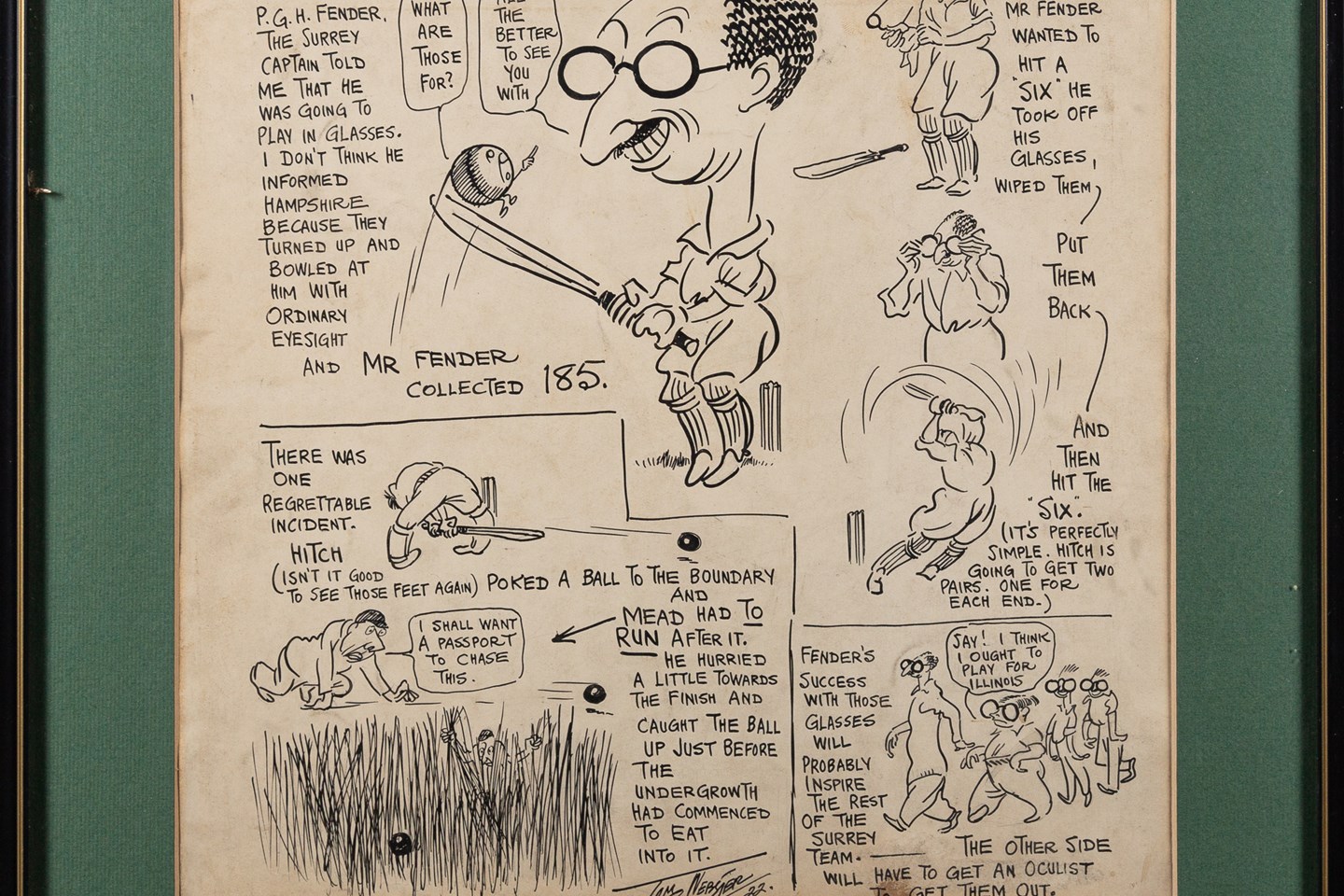
A Bristol delft electioneering plate: Rolle for Ever.
I really do like pottery, especially if it has a West Country connection, so recently to come across a Bristol delft electioneering plate was a joy. The plate in question was made to support the candidacy of John Rolle as MP for Exeter.
However, the Rolle family in their position as the greatest landowners in Devon provided several Tory MPs for Exeter, Barnstaple, Devon, Callington and Saltash so attributing the plate to John Rolle's successful 1722 campaign can only be an educated guess.
It is interesting to speculate whether these plates were simply a way of showing your political and social allegiance to others or whether they were gifts paid for by Rolle family and given out wholesale – as bribes goes it doesn't seem like a particularly significant one.
However during the heyday of the 'Rotten Borough', it can't be ruled out especially as the electorate at the time was numbered in the 100s (in Callington which elected a Rolle, it was 42). That said, John Rolle did decline an earldom from Queen Ann so he can't be accused of being a social climber and his son Denys was known as something of a philanthropist.
The delft plate is captioned 'Rolle for ever', but alas despite his wealth and power, he died in 1730 aged 51.

An early 19th century glass cylinder wine bottle, decorated with 'Success to the John Blackwell'.
Shortly after coming across the electioneering plate, an early 19th century glass cylinder wine bottle was consigned to us as part of the Butler Collection. It is perhaps an altogether humbler item, being naively later decorated in gold with a sailing vessel and the caption 'Success to the John Blackwell'.
During this period, it was not unusual to use bottles as de facto decanters, they were ideal for transporting drink from the barrel to be served at the table. The John Blackwell was a 62 ton schooner built in 1862 and registered to the port of Bideford, where it made regular trips to Portugal and the Mediterranean.
So what is the connection I hear you say? Well, the answer is that the vessel was owned by the Rolle Canal Company. The Rolle Canal, which runs from the tidal River Torridge close to Weare Gifford then up to Torrington, was initially considered by Denys in the 1790s but was built by his son, another John Rolle, in 1823.
It allowed the transportation of bulk goods (mainly limestone and coal), four tons at a time from the sea and far inland. Close to the sea lock, there was a boat yard, presumably taking advantage of the local timber, where the hulks of vessels were built before being floated downstream to be fitted out in Bideford – I'd like to thnk the John Blackwell was one of these?
- Bearnes Hampton & Littlewood
- Pottery
- Glassware
Rolle Up! was published on Friday, 10 July 2020.






